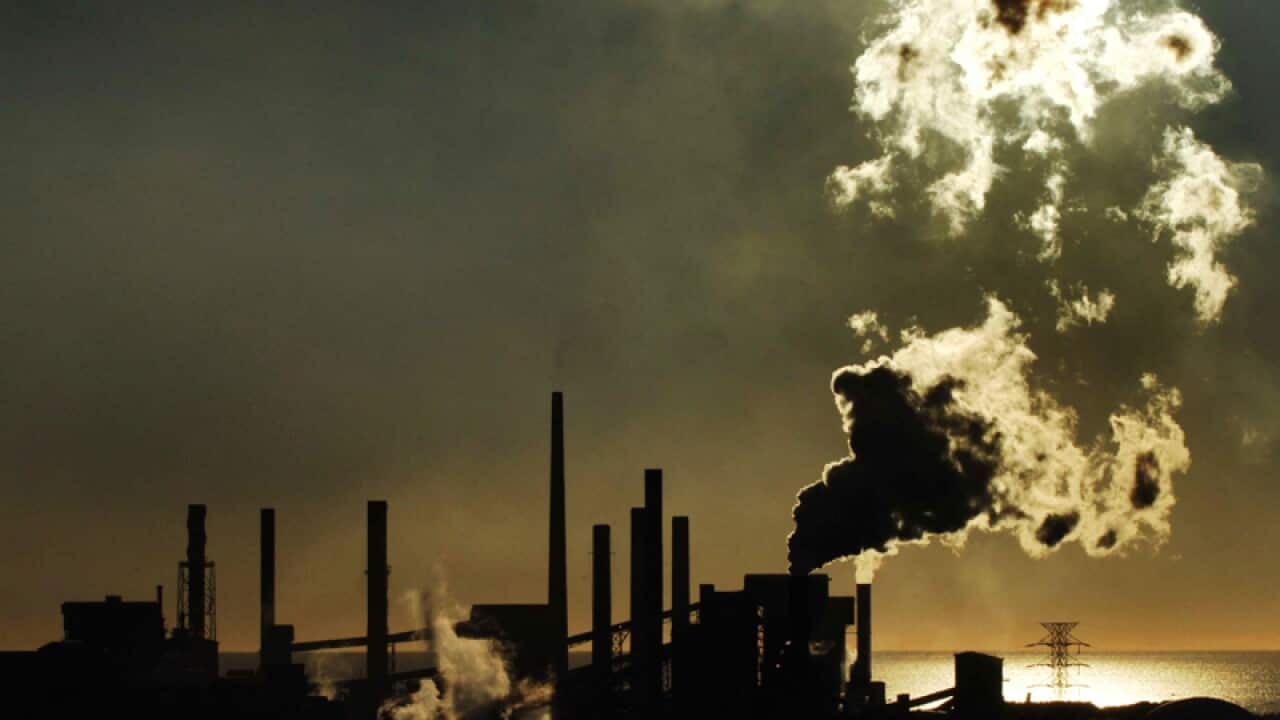Prime Minister Kevin Rudd has announced plans to replace the existing carbon tax with a floating price for carbon.
The changes mean Australia's biggest polluters will likely pay less for the amount of carbon they emit.
Currently, they pay a fixed price of $24.15 per tonne of CO2 emissions. Under a floating price, that payment could drop to as little as $6 per tonne.
The federal government always planned to move from a fixed price on carbon (a carbon tax) to a market-set price (also called an emissions trading scheme) in July 2015.
Mr Rudd says bringing this date forward by 18 months will ease cost of living pressures on Australians.
The federal opposition planned to scrap the carbon tax if they win this year's election, and Coalition leader Tony Abbott told media yesterday the latest amendment change is a change in name only.
"Might want to change the name, but they still believe in the carbon tax," he said.
Greens leader Christine Milne also criticised the move, saying Labor had watered down the existing policy by having polluters pay less.
"If you believed that climate change was the greatest moral challenge of our time, and it is, we are living in a climate emergency, you would now not be moving to have the big polluters pay less," she told the ABC.
Dr Nick Economou of the school of political and social enquiry at Monash University says while it remains to be seen whether this policy change will result in savings for consumers, he believes it is a clear political tactic ahead of the upcoming election.
"The estimates on [price reductions] vary, but I think that's all in the area of esoteric discussion. Clearly the main driver of this policy shift is to get Labor into shape for the upcoming election."
It's a move that could deprive the Coalition of one of their major campaign cries to "scrap the carbon tax", says Dr Economou.
"[Kevin Rudd] has completely blunted one of the main strategic prongs of the opposition."
How did the carbon tax work? For details of the carbon tax that was introduced on July 1, 2012 under the Gillard government, click here.
And how does Australia's carbon price policy compare internationally? Find out here: Carbon tax around the world
Share

